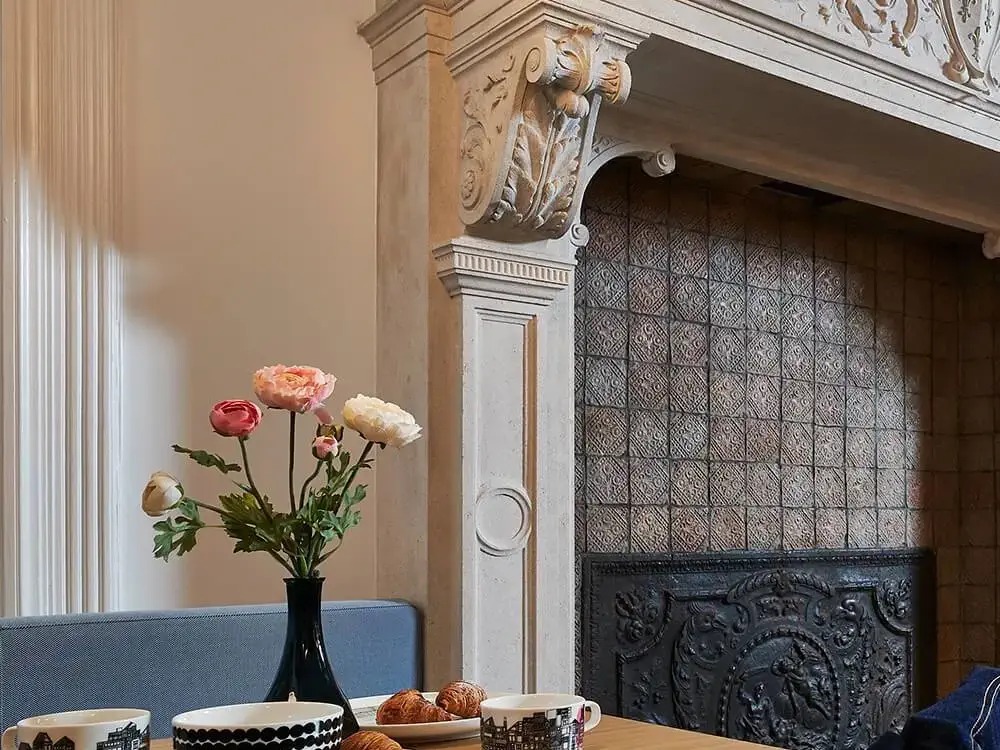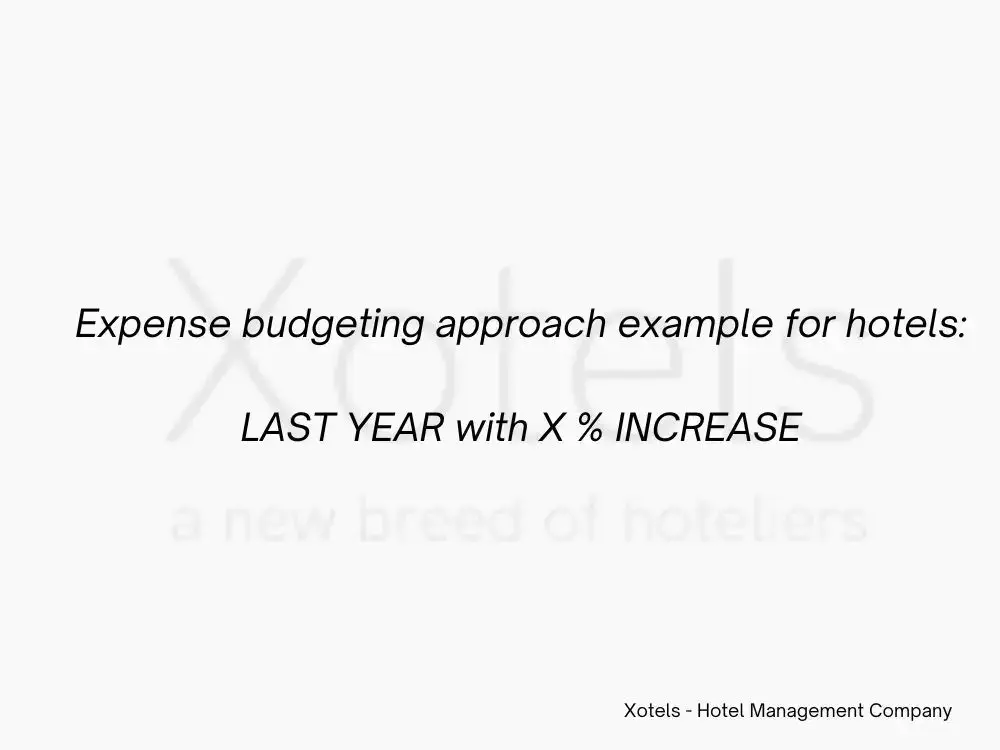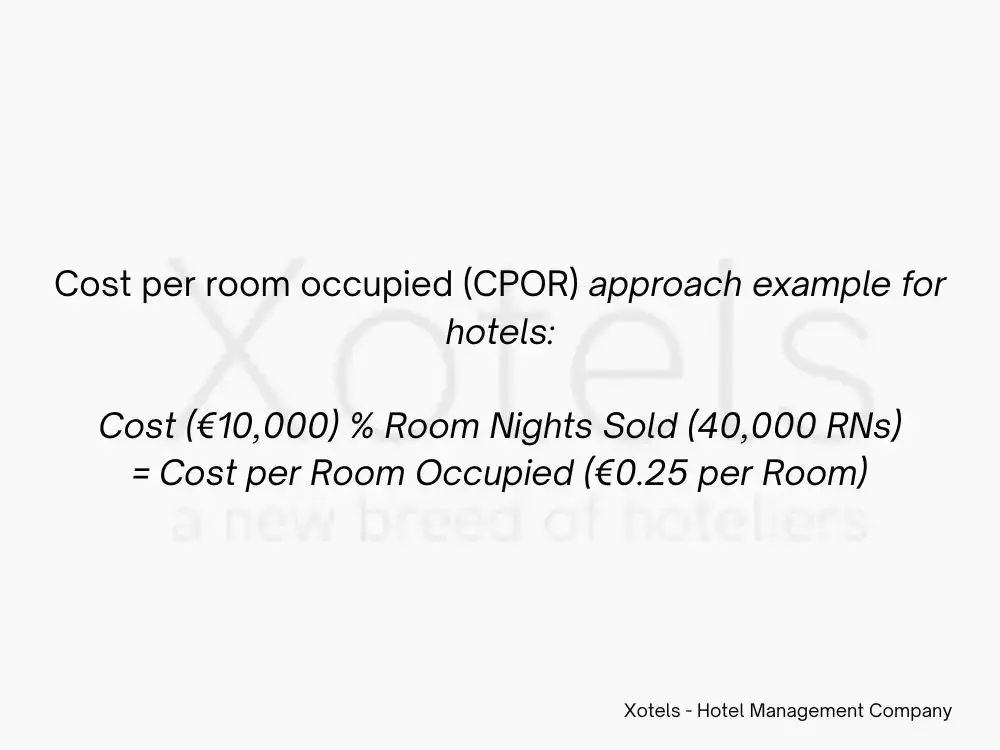

No time to lose, the next year is almost here. And a good hotel budget plan isn’t made overnight.
How far are you with your targets, budget, and plan of attack for next year? What REVPAR and GOPPAR do you need to achieve? Have you gone over what next year will look like in terms of performance, and does it describe all actions in detail? Does everyone on the team know what the objectives are and which steps to take to get there? Did you make your new hotel budget already or are you right in the middle? What methodology are you using? Are you simply adding 3% to 5% each month based on last year’s performance? Or are you really putting your teeth into it and drilling down per segment, per channel, per account, and per day?
Now is the time to take action to build your hotel budget plan! Read through our step-by-step guide explaining how to get ready for 2024 with our hotel management company´s best hotel budgeting practices.
This article answers all your hotel budgeting questions:
A hotel budget is a plan that explains how revenue will be generated and spent each month for the upcoming year to reach the goals and objectives. It also helps hotels to make sure there’s enough money every month to pay the bills and reserve money for other expenses such as investments.
In other words, the budget shows you how much money you´re going to make and can be seen as a roadmap of how next year will look like in terms of performance.
Typically, the hotel budget season starts towards the end of August with presentations to management starting the following month. However, with trends ever evolving and Covid-19 impacting booking behaviour, it is important to take factors such as booking windows, cancellations trends, increasing room rates, and inflation into account. All of these factors can heavily influence the accuracy of your hotel budget plan. In practical terms, taking an agile approach and adjusting your budget later this budget season can be beneficial for any hotel.
The budget generally doesn´t change, this is where the hotel forecast comes into play where you start comparing your budget vs. your forecast.
The answer is simple: YES Simply running a hotel on intuition doesn’t cut it anymore.
Whether your hotel is a boutique property with 15 rooms, or a 400 key large scale urban hotel, it is essential to have sophisticated planning and reporting in place to maximise results.
The hotel industry is a highly competitive industry. To compete, hotels need to be accurate with their budgeting to ensure financial results are aligned with the business objectives, and that their teams are organised and prepared to reach those goals.
Without giving your team the much needed goals, there´s no clear direction making it nearly impossible for them to know if they’re on the right track to reach the goals by the end of the year.
So who should be involved in the budget-making process?
Understanding how each department contributes to the performance of the hotel is essential.
So, why not include all department heads in the process?
It seems that not everyone goes into as much detail when making their budget. I have to share with you a funny story about budgeting with you. So we are working with many different hoteliers, and in this case, it pertains to the management of a resort. Hotels in vacation markets for many have been influenced (indoctrinated) by tour operators on how to manage their property. As a result, budgets are made per person rather than per room, meaning that the total revenue objectives become ‘flexible’ if the measurement of results does not incorporate enough factors.
In this particular case, the hotel’s management was under the impression the hotel was performing on target as the correct average rate per person was achieved. Unfortunately, the average occupancy per person per room was actually 20% lower than normal, which made it impossible to reach the total revenue target, because the average room rate was totally off.
Hold on, it gets even funnier. When we were working through the budget for each month, we noticed that several months had targets at revenue levels below last year. Upon probing the reasoning behind this, we were explained that some tour operators had informed them they were expecting 10% fewer bookings from a particular country. No one ever raised the thought to initiate partnerships with other distribution channels to offset this possible decrease in demand. Capturing more market share, or penetrating new markets was just not in their mindset.
Sorry, I just had to get this rant off my chest. But unfortunately, it is very typical for our industry. Especially in resort hotel markets, tour operators have for too long influenced hoteliers on how to run their business. Hoteliers need to get more strategic insight and understanding of the financial side of the business. Moreover, they have to become more creative in methods and revenue strategies to increase the performance of their property.
An industry colleague I respect highly called me last week, asking if I knew of any online tool which helps hoteliers develop a professional plan of approach. Not just a standard one, like most hotels, punch out, listing a few trade fairs and showing a % increase per segment. No, he was looking for a system that really guides you through every detail and forces you to look at all aspects that need to be incorporated. And he is right; marketing plans in general are too superficial. It is time they are taken to a more professional level, and become complete. Hotels are multi-million dollar or euro businesses and they demand an expert strategic and structural approach.

First, let’s talk about some ground rules before jumping into the specifications of budgeting. Make sure to consider the following points for improving accuracy and maximizing accuracy:
Now we have cleared some ground rules, we can take a look at some of the elements you need to incorporate in the plan for next year.
Taking into consideration the continuing growth of online sales and the quick adoption of mobile technology by consumers, we have put together some questions that will need your attention in the upcoming year:
The basis of the target or budget lies in a detailed demand calendar . Get a clear overview of what drove revenues each day. Map the events, conferences, expositions, trade fairs, concerts, holidays, vacations, long weekends, etc to the following year. You will start seeing a clear shift already.
Perform displacement calculations on all segments, channels, and accounts to uncover hidden revenue potential. Incorporate channel distribution costs like travel agent commission, agency fees, and marketing investments, payroll for sales, marketing, and reservation, to determine the true net value of each segment.
Here are some questions you should include in your budgeting process:
Just to give a few examples, here are some expenses to include:
Rooms/Housekeeping
Public Areas

Mainly, there are three ways to approach budgeting for hotels, and we´ve dived deeper into which key metrics are involved in our article about USALI (Uniform System of Accounts for the Lodging Industry), which is the standard system that any hotelier should familiarise themselves with.
In this article, we´ll briefly take you through the common methods used in hotel asset management and the hotel finance world, namely:
Let’s start with the most simple approach. This way of creating budgets can be easily performed by taking this year´s figures and adding a fixed percentage to each category, for example, to account for inflation or required revenue growth, and is a method to use if your costs are more predictable and have the tendency to be similar year over year (YOY).

As the name suggests, the Zero-Based Budgeting approach starts with a zero starting point, and is a great way to identify essential expenses and eliminate unnecessary expenses.
Without referring to last year’s numbers, this method requires managers to create and justify each budget item and category, pushing the team to review what´s most vital to running your hotel business.
This method is not recommended as it doesn’t show you what key necessities are needed across each category.
The calculation for this budget approach is based on dividing each expense category by the number of rooms sold.

As we all know, there are a million things on a hotelier’s mind. For this reason, setting clear deadlines for when deliverables should be handed in from each department is crucial both for getting the final budget ready in time, but also helping to alleviate some of the workload from your team by giving them proper planning.
Furthermore, provide your team with guidance during the budgeting season. In case deliverables are not of expected quality when deadlines are reached, our hotel consultants always recommended to set team meetings to discuss earlier drafts of the budget per department to avoid any delays or inaccuracies of data when closing in on the final deadline.
Maximize Your Hotel Revenue
Uncover the hidden revenue potential of your hotel or resort.